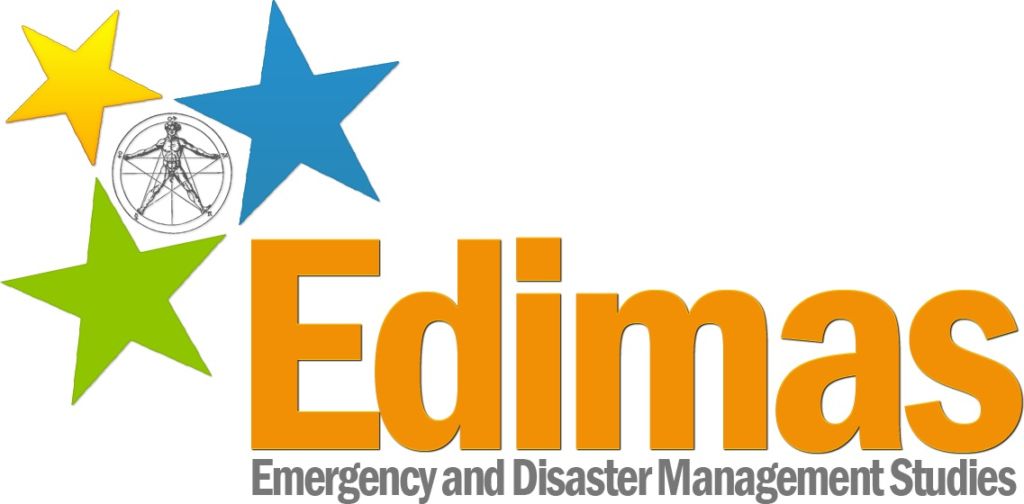EDIMAS - Prevention Management, Emergency Management, and Emergency Governance
EDIMAS is a leading expert in Prevention Management, Emergency Management, and Emergency Governance. We offer comprehensive services in Gestione della Prevenzione and Gestione delle Emergenze, ensuring that businesses and organizations are prepared for unexpected events.
Our Expertise
- Prevention Management: Strategies to mitigate risks before they become crises.
- Emergency Management: Solutions for quick and effective responses to emergencies.
- Emergency Governance: Frameworks for decision-making during emergencies.
- Gestione della Prevenzione: Italian-focused prevention strategies for businesses.
- Gestione delle Emergenze: Efficient emergency response frameworks.
Why Choose EDIMAS?
EDIMAS has years of experience in providing tailored solutions for Prevention Management and Emergency Governance. We work closely with organizations to ensure that their safety protocols and crisis management systems are robust and efficient. Whether in English or Italian (for Gestione delle Emergenze), we have the global expertise your organization needs to succeed.
Contact Us
Reach out to us for the best services in Prevention Management, Emergency Governance, and Emergency Management. Our team of professionals is dedicated to ensuring your safety and preparedness.






